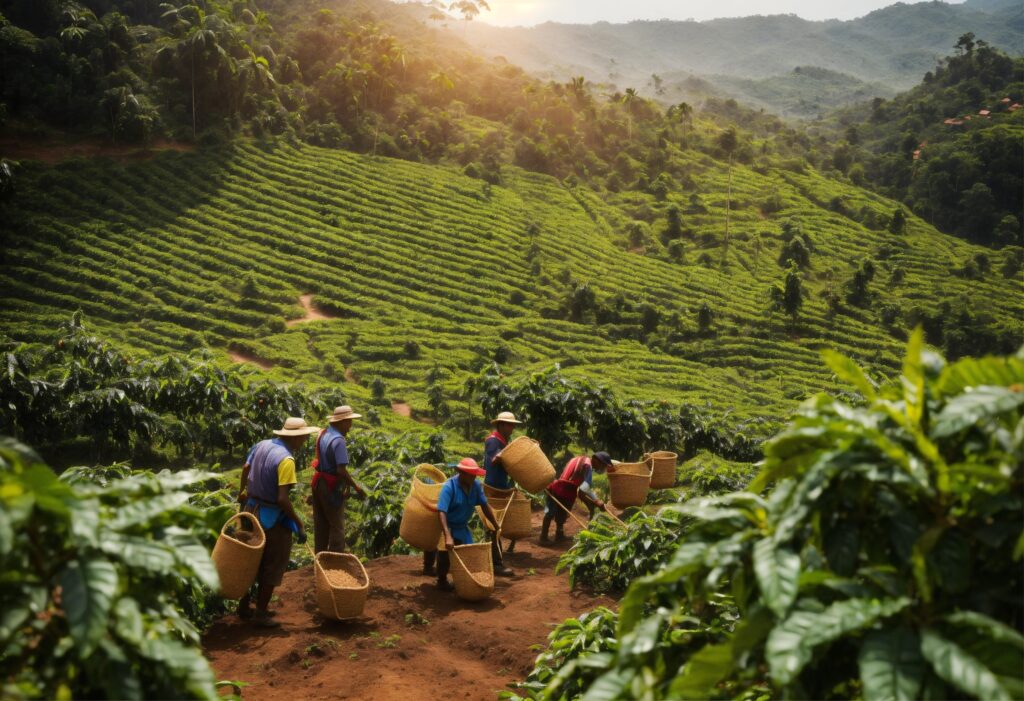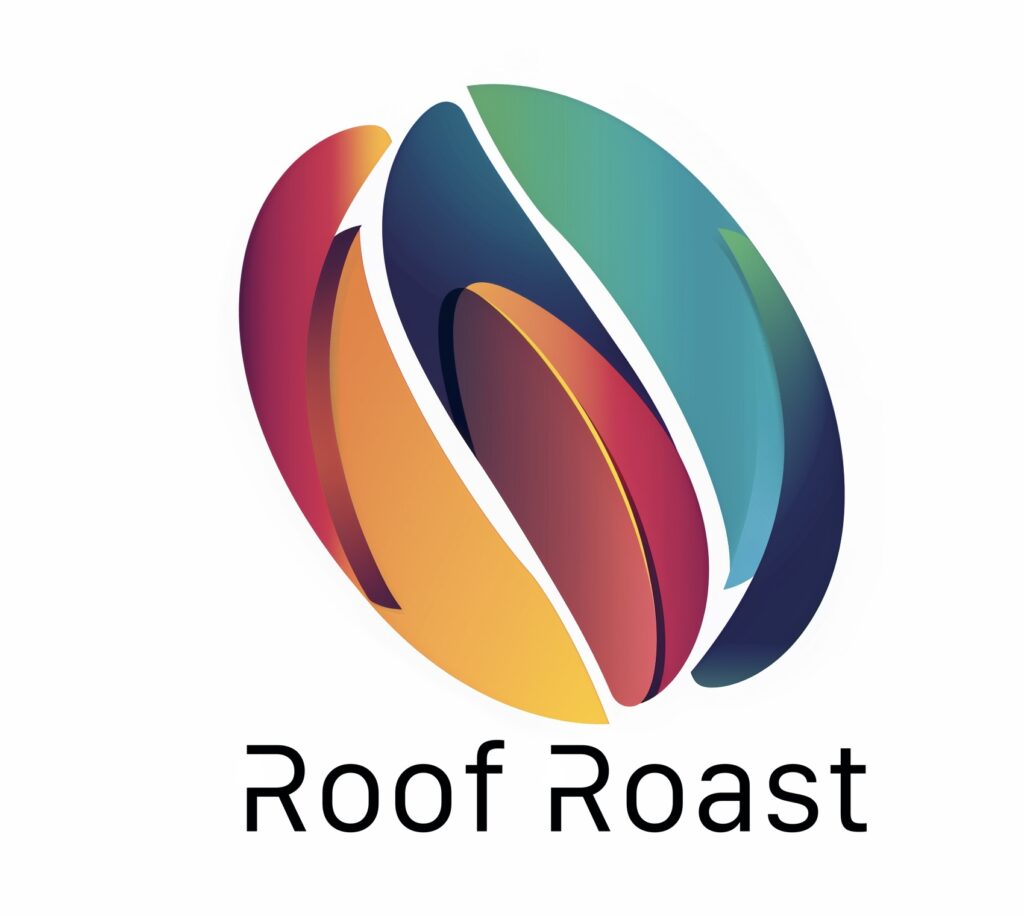RWANDA BOURBON 🇷🇼
LEMON, CARAMEL, ORANGE
SCA : 85.75

INFORMATION
Rwanda is a diverse country rich in fertile land. The country is situated at a relatively high altitude, with the lowest point being 950 m above sea level. Earthy swamps and sunny savannahs dominate the east and rolling hills in the centre. It is sometimes difficult to choose a coffee from just one region when the climatic conditions for growing coffee are excellent throughout the country. That's why we created our own brand, Muteteli, to offer a distinctive profile of coffee from three of Rwanda's favourite areas.
To the west is the Albertine Rift Mountain Forest ecoregion with its abundant wildlife and Lake Kivu on the border with Congo. This area is generally not as hot as the east, which makes for excellent coffee growing conditions. Here, the Kanyege washing station sources coffee from around 1 200 local small farmers. Further north, the rich volcanic soils and verdant hillsides give off a lush aroma from the hilly Gicumbi district in the Northern Province, where the Karisimbi washing station is located. The third coffee that complements the Muteteli cup is from the Southern Province. The Gitega Hills washery opened in 2015. Many smallholder farmers in this district grow coffee in one of the most densely forested regions of Rwanda.
All three coffees are grown at an altitude of between 1700 and 2200 metres above sea level. We aim to reflect the many facets of Rwanda in this delicious Muteteli cup, and we hope you enjoy it.
COUNTRY AND SPECIFICATIONS
Rwanda is a diverse country, rich in fertile land. The whole country is situated at a relatively high altitude, with the lowest point being 950 metres above sea level. The east is dominated by earthy swamps and sunny savannahs, while the centre is characterised by rolling hills. The west, however, is located in the Albertine Rift Mountain Forest ecoregion, which is rich in wildlife. Lake Kivu is Rwanda's largest lake and marks the western border with Congo. As part of the Albertine Rift mountains, the area is generally not as hot as the east, which makes for excellent coffee growing conditions. The volcanoes have provided nutritious soils, blessing the whole region with green slopes.
Rwanda's first coffee exports were made by Belgian colonists in 1917. Historically, most of the low-quality production was sold to Belgium. However, during Rwanda's renaissance in the early 2000s, coffee was seen as an opportunity to put the country back on its feet.
The first washing station was opened in 2004, paving the way for high-quality coffee production. Today, coffee is grown in all parts of Rwanda, as the whole country is spread over high plateaus. Despite its relatively young history of producing high-quality coffee, Rwandan coffee has a surprisingly mild sweetness and complex fruitiness. The growing recognition that these coffees have gained in a specialised field has increased the importance of high quality coffee. As a result, many washing stations have been built, giving access to small farmers and their produce.
However, logistics remain one of the main challenges, as this closed country has to cross the whole of Tanzania to get the coffee out. Another challenge for Rwandan coffees is the so-called 'potato defect'. A harmless bacterium gets into the coffee cherry and causes a potato aftertaste in the cup. By constantly monitoring and checking quality, Rwanda has managed to control this problem.
